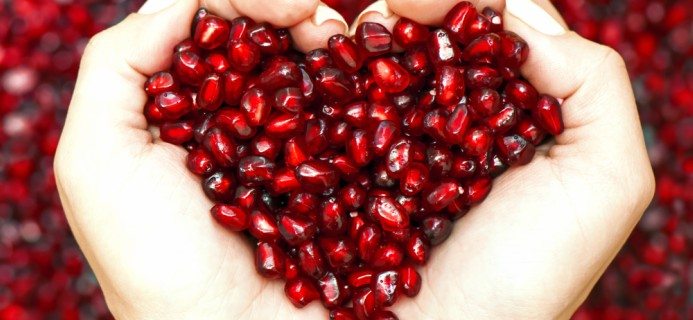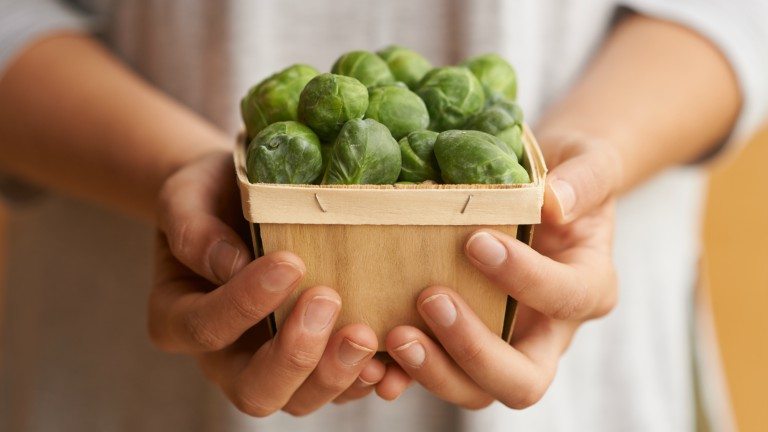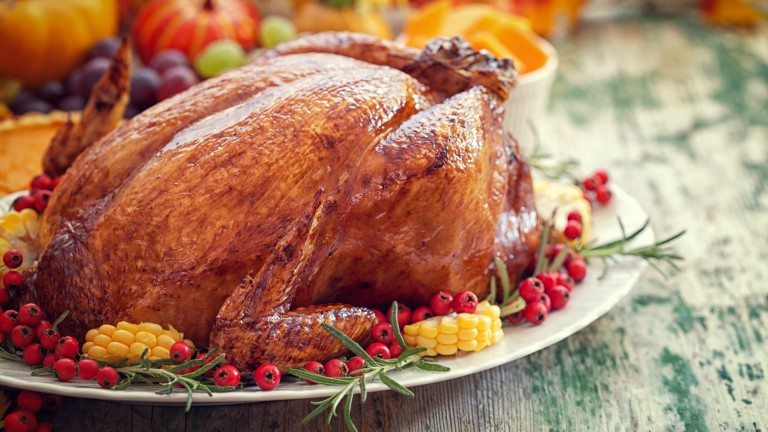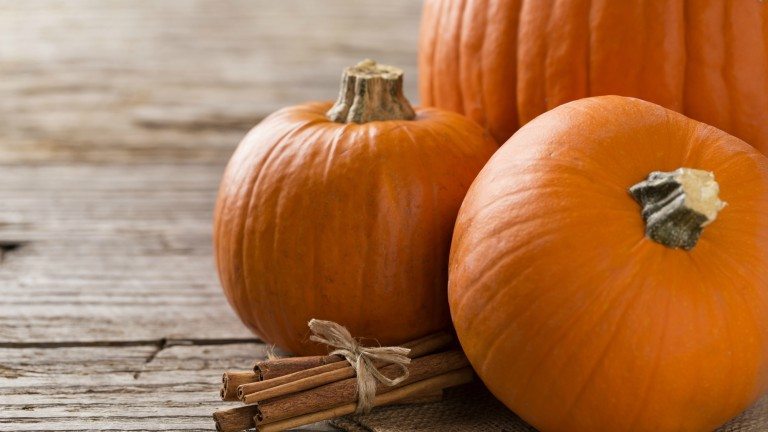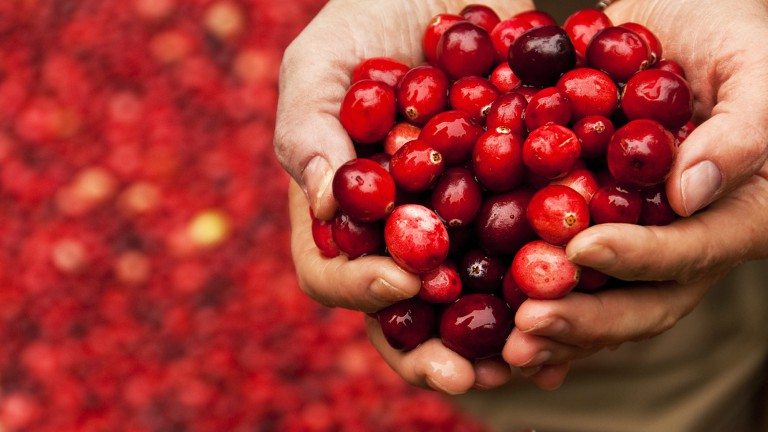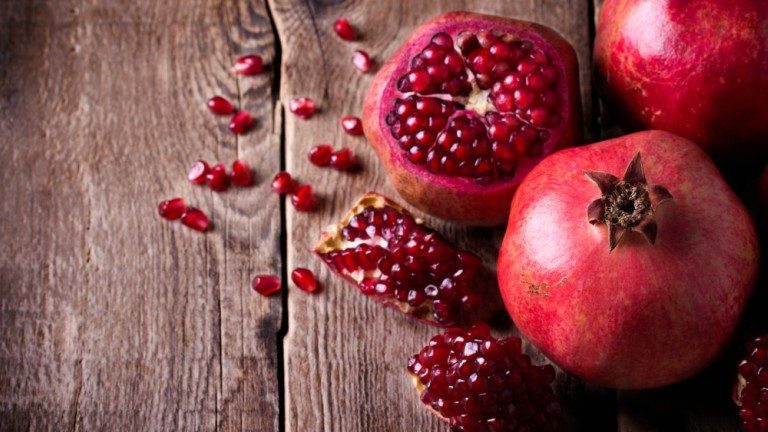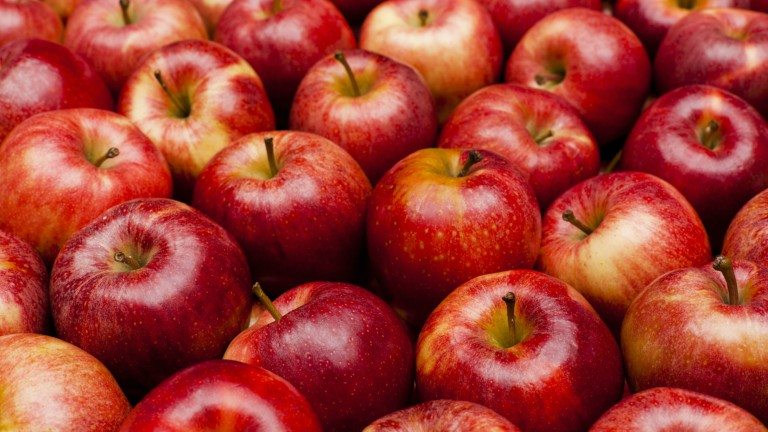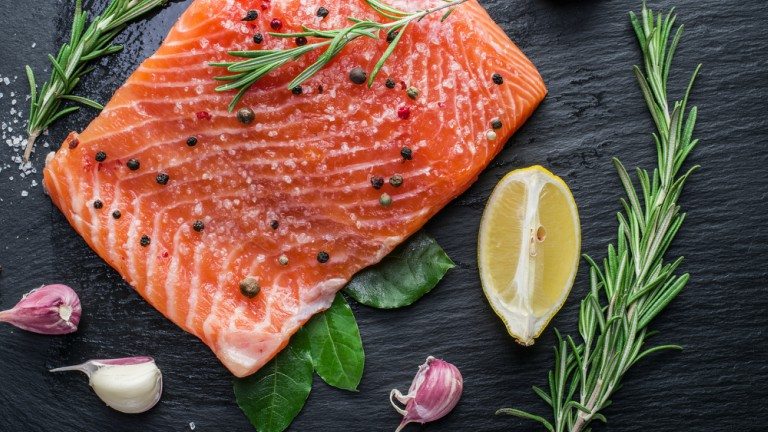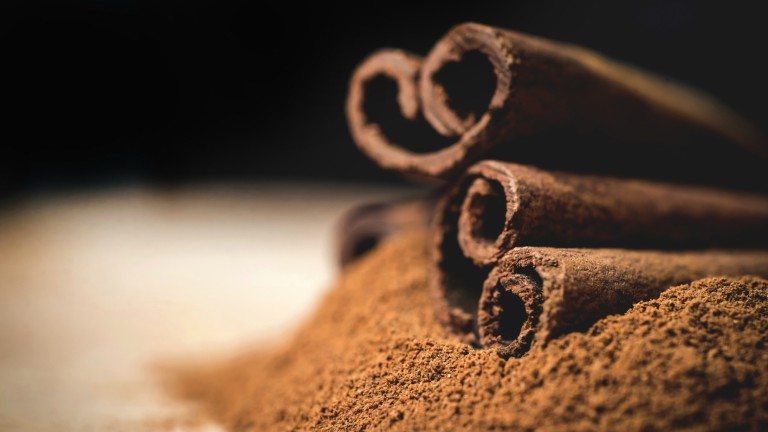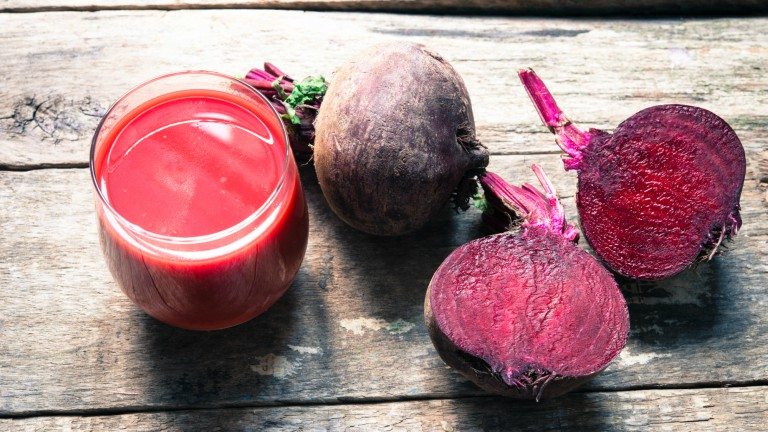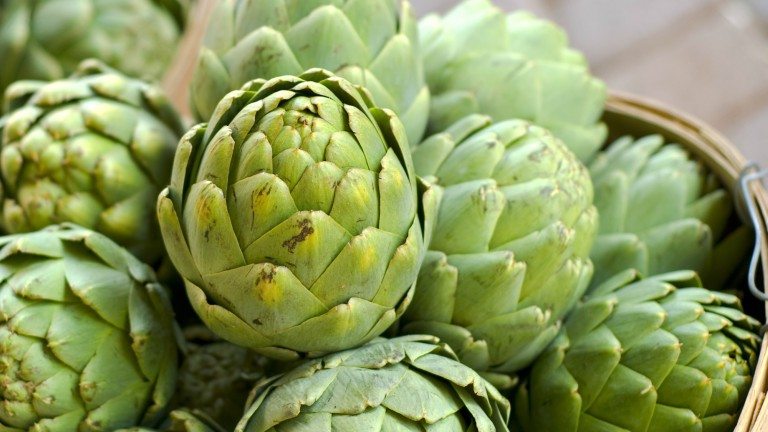Not sure what superfoods you should be eating this winter? Author of The Detox Kitchen Bible
and Healthspan‘s head of nutrition, Rob Hobson, tells Healthista the top 10 superfoods we can eat this season
During the winter months as the weather gets chilly and the nights draw in we often start to crave more comforting foods, but this doesn’t have to mean unhealthy. As the seasons change it provides a great opportunity to explore the abundance of root vegetables that make great stews, casseroles and soups. Brightly coloured fruits and winter greens also line supermarket shelves this time of year and with the roots and bulbs are bursting with essential nutrients and antioxidants that can help to support your health during the cold season.
Try boosting your nutrient intake by tucking into just some of the winter wonders available that are particularly high in vitamins, minerals and plant compounds that can support your immune system, maintain healthy skin and ensure good mental health, which are typically challenged this time of year. We like to call these our winter superfoods.
Try boosting your nutrient intake by tucking into just some of the winter wonders available that are particularly high in vitamins, minerals and plant compounds
1. Brussel Sprouts
Brussels sprouts are not just for the Christmas dinner table and can be shredded into a raw salad or stir-fried. These little cabbages are high in sulphur-containing compounds that are responsible for their distinctive smell. Such compounds have long been recognised for their protective effects on cancer. Brussel sprouts also contain a good source of vitamin C, K, folate and iron.
2. Turkey
Turkey is a lean, high-protein food that is synonymous with cosy Sunday lunches and Christmas day. This meat is a good source of B vitamins (including B6 and B12) that are required to convert food into energy and also selenium and zinc for immunity. Turkey is also a rich source of the amino acid tryptophan, which is taken up by the brain to make the hormones serotonin (which influences mood) and melatonin (which influences the sleep/wake cycle).
Turkey is also a rich source of the amino acid tryptophan, which is taken up by the brain to make the hormones serotonin
3. Pumpkins
These brightly coloured vegetables work well in stews and soups as well as tasting great when roasted or mashed. The bright orange colour of pumpkins is due to a plant compound called beta-carotene that also acts as a powerful antioxidant helping to reduce free radical damage in the body. Beta-carotene is converted into vitamin A, which helps to maintain healthy skin, eyes and immunity.
4. Cranberries
These fruits are available during the winter although they’re too sour and tart to eat raw. Cranberries are most commonly made into a sauce by adding sugar and water. You can make your own at home, which will help you to control the amount of sugar you put into the recipe. Cranberries are high in vitamin C and antioxidant polyphenols that may help to reduce the risk of heart disease by preventing platlet build-up and reducing blood pressure.
MORE: 12 healthy foods that look like the body part they’re good for
MORE: 10 new superfoods your kitchen needs
5. Pomegranates
These bright jewel-like fruits can be eaten alone or added to savoury dishes such as curries or tagines that make great winter-warming meals. Pomegranates are rich in vitamin C and also contain folate, vitamin K and potassium. There is some research to suggest that pomegranate may have heart health benefits by improving your cholesterol profile and protecting LDL (bad) cholesterol from oxidation.
Pomegranates are rich in vitamin C and also contain folate, vitamin K and potassium
6. Apples
There are lots of apples available throughout the winter. These crisp fruits contain high amounts of pectin which is a soluble fibre that can help to bind with cholesterol in the gut and remove it from the body.
7. Salmon
During the winter months 40% of us have low levels of vitamin D, which is essential for healthy bones, immunity and also helps to prevent seasonal affective disorder that can dampen mood. Whilst the main source is sunlight you can glean a little from foods such as salmon and other oily fish. Two servings per week can add around 30% of you daily requirement for vitamin D.
Two servings per week can add around 30% of you daily requirement for vitamin D.
8. Cinnamon
This spice definitely drums up memories of Winter and is commonly served alongside cloves, nutmeg and other warming spices. Ground cinnamon is a good source of calcium and also iron, which is required for good immunity and maintaining health red blood cell production. Research suggests this spice may also help to lower blood sugar levels.
Beetroot
These bright purple vegetables are readily available during both the autumn and winter months. Their vibrant colour is due to a plant compound called betacyanin, which acts as a powerful antioxidant in the body and is thought to protect against heart disease and certain cancers. Beetroot are also thought to help with the detoxification processes in the liver as well as helping to lower blood pressure.
Jerusalem artichoke (sunchokes)
These lumpy little vegetables are in season during the winter months and can be used in the same way as potatoes. Jerusalem artichokes contain more iron that other similar vegetables but what makes them particulalry interesting is their high levels of inulin, which is an indigestible fibre that acts as a prebiotic in the gut. Prebiotics feed the good bacteria that help to maintain immunity and a healthy gut (good news during the seasonal overindulgences).
MORE: 8 foods to eat for glowing skin
MORE: 10 hot superfoods and what to do with them

Like this article? Sign up to our newsletter to get more articles like this delivered straight to your inbox.



